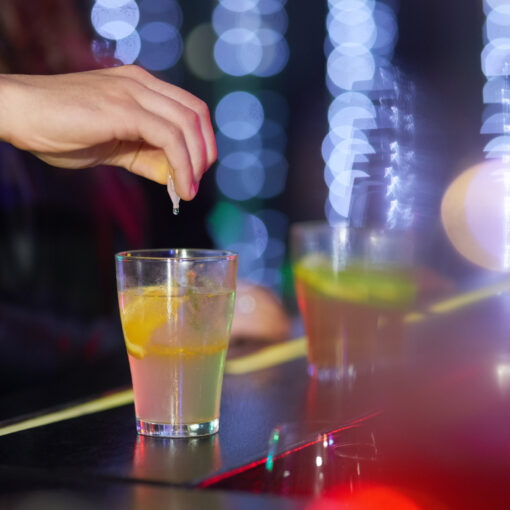Driving under the influence (DUI) charges are serious, and the defense against these charges requires a deep understanding of both the law and the specifics of the incident in question. One such defense, though rarely used, is involuntary intoxication.
In this blog, we discuss what involuntary intoxication is, how it differs from voluntary intoxication, and its potential as a defense in DUI cases. Contact Chambers Law Firm at 714-760-4088 to request a free legal consultation.
Understanding Involuntary Intoxication
Involuntary intoxication occurs when an individual consumes alcohol or drugs without their knowledge or against their will. This can happen in several ways:
- Being tricked: For example, someone might unknowingly consume a spiked drink.
- Medication interactions: Unexpected reactions to prescribed medication that lead to impairment.
- Forced consumption: Instances where an individual is coerced into consuming alcohol or drugs.
This differs significantly from voluntary intoxication, where the person chooses to ingest a substance knowing its intoxicating effects. The crucial legal aspect of involuntary intoxication is that the individual’s state prevents them from forming the intent necessary to commit a crime, potentially removing their culpability.
Can Involuntary Intoxication Serve as a DUI Defense?
In California, the law prohibits operating a vehicle with a Blood Alcohol Concentration (BAC) of 0.08% or higher, or while under the influence of drugs or alcohol regardless of BAC levels. To be convicted, there must typically be evidence of the driver’s behavior or chemical tests indicating intoxication.
For a defense of involuntary intoxication to be plausible in a DUI case, the defendant must convincingly demonstrate that they were unaware of their intoxication. This can be particularly challenging with alcohol, given its distinctive smell and taste. However, scenarios involving “spiked” drinks might still support this defense if it can be proved that the person had no knowledge of the intoxication.
Case of Drug Intoxication
It’s potentially easier to argue involuntary intoxication in cases involving drugs, especially with substances that are odorless and colorless, like GHB (commonly known as “roofies”). If an individual unknowingly ingests such a drug and subsequently drives, they could argue that they were unable to comply with the law due to involuntary intoxication.
The Challenges of Proving Involuntary Intoxication
Proving involuntary intoxication involves substantial challenges:
- Evidence: The defense must provide convincing evidence that the intoxication was indeed involuntary.
- Credibility: The defendant’s account and any supporting testimony must be credible to the judge or jury.
- Legal nuance: Demonstrating that involuntary intoxication prevented the defendant from understanding or controlling their actions to the extent required by law can be complex.
Given these challenges, involuntary intoxication is a defense best handled by experienced legal professionals. It requires a nuanced approach to evidence and expert testimony, and it is not applicable in all cases.
Why Legal Expertise Matters
If you believe involuntary intoxication played a role in your DUI charge, it is crucial to seek legal counsel promptly. An attorney skilled in DUI defense can evaluate the details of your case and determine if this defense is appropriate. They can also guide you through the complexities of the legal process, helping to ensure that your rights are protected.
At Chambers Law Firm, our experienced DUI defense attorneys are ready to help you explore all possible defenses for your DUI charge, including the potential for arguing involuntary intoxication. Contact us at 714-760-4088 for a free consultation to discuss your case in detail and to learn more about how we can assist you in this challenging time.





